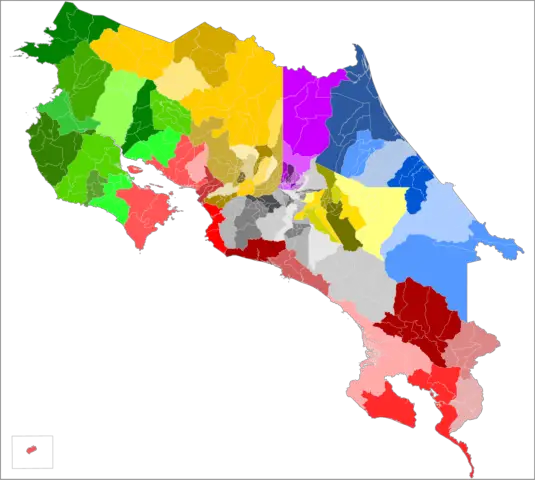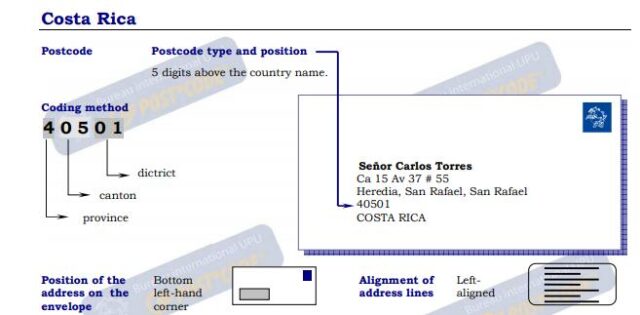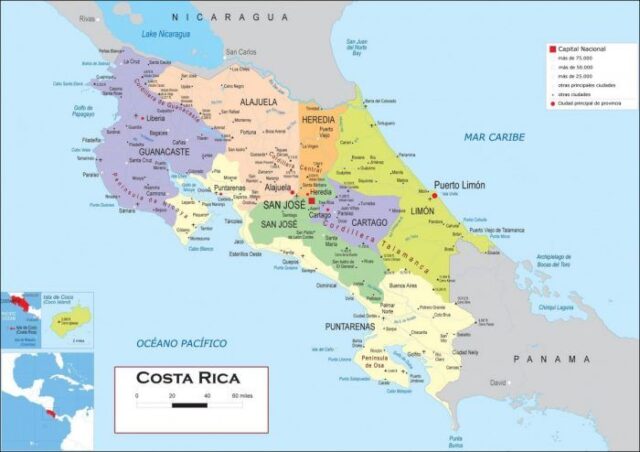Postal codes are useful for many things, among them, for sending letters, packages, and merchandise or for the delivery of purchases.

Several countries in the world, such as Costa Rica, have the wonderful service of postal codes for the registration and official control of properties (real estate), for the provision of basic services (water, electricity, internet, drainage, among others), and the payment of taxes.
It should be noted that every nation that wishes to be efficient and more advanced needs to make use of postal codes.
Yes, undoubtedly postal codes are efficient and it is essential to raise awareness of their invaluable usefulness in ministries, autonomous institutions, provincial governments, municipalities, and local and foreign public.

Towards the near future
In the future, experts in the field emphasize that postal codes could be a logical and modern system to be implemented more intensively for the numbering of streets, roads, highways, mountain trails, or trails in forests, riverbeds, and even sea shores.
The codes are associated with a unique district
Costa Rica’s zip codes are numeric, have five digits, are associated with a unique district, and identify it.
Regarding the digits, the first refers to the number of the provinces (which are seven), the second and third: to the cantons (82 unique within the province), and the fourth and fifth: to the districts (unique within the canton).
The numbers are the same used by the National Institute of Statistics and Census (INEC).
Now, a district is the third-level subnational entity included in the political division of the Republic of Costa Rica, below the provinces in the first order, and the cantons in the second order.
Over the years, the total number of districts has remained variable, unlike the other two higher subnational entities, beyond that, it is known that Costa Rica is divided into 489 districts, according to data from the Administrative Territorial Division of the Central American country.

Details of curiosities
The postal code system in Costa Rica was implemented in 2007 mainly to facilitate the process of sending and receiving mail.
Postal codes in Costa Rica are also used for addressing purposes in-home delivery services.
The postal code system in Costa Rica has been very useful in improving the efficiency of mail delivery and reducing the number of address errors.
The most commonly used postal code in Costa Rica is 10101, which corresponds to the central area of San José, the country’s capital.
Some postal codes in Costa Rica may cover quite large geographic areas, especially in rural areas where there are few or no districts.
It may happen that an address in Costa Rica does not have a postal code assigned to it, especially in remote or developing areas.
It is important to keep in mind that postal codes in Costa Rica may change over time, so it is advisable to check for updated information before sending mail.
Finally, to find the postal code of a given address in Costa Rica, you can use the official website of Correos de Costa Rica, the national postal service.

